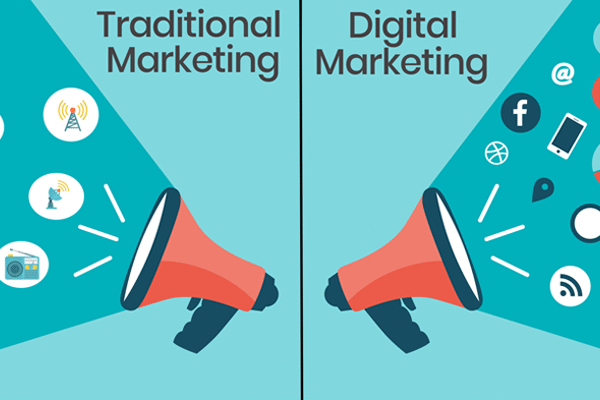What is Search Engine Optimisation
SEO stands for search engine optimisation. The goal of SEO is to expand a company’s visibility in organic search results. It helps businesses rank more pages higher in SERPs (Search Engine Result Pages). As a result, these efforts drive more visitors to the company’s website, increasing their chances for more conversions which leads to more customers and more revenue.
How does SEO Work?
SEO works by optimizing a website’s content, conducting keyword research, and earning inbound links to increase that content’s ranking and the website’s visibility. While you can generally see results take effect on the SERP once the webpage has been crawled and indexed by a search engine, SEO efforts can take months to fully materialize.
What are the different types of SEO?
On-Page SEO
It refers to the content that tells search engines (and readers!) what your page is about, including image alt text, keyword usage, meta descriptions, H1 tags, URL naming, and internal linking. You have the most control over on-page SEO because, well, everything is on your site.
Off-Page SEO
It tells search engines how popular and useful your page is through votes of confidence — most notably backlinks, or links from other sites to your own. Backlink quantity and quality boost a page’s PageRank. All things being equal, a page with 100 relevant links from credible sites will outrank a page with 50 relevant links from credible sites (or 100 irrelevant links from credible sites.)
Technical SEO
Technical SEO is within your control as well, but it’s a bit trickier to master since it’s less intuitive.
You may be tempted to ignore this component of SEO completely; however, it plays an important role in your organic traffic. Your content might be the most thorough, useful, and well-written, but unless a search engine can crawl it, very few people will ever see it.
What is an SEO Audit?
An SEO audit is a crucial step in the Madavi methodology. Our team will conduct a comprehensive review of your entire SEO setup both on and off-site to develop a deep understanding of your current strategy. Specific elements of evaluation include current metadata, backlinks, content, technical setup, and keywords. We will then use these findings to develop a robust strategic plan that will help increase your ranking on search engines and start driving more traffic directly to your website.
How long does SEO take?
Unfortunately, SEO does not usually show an immediate impact. It takes time for search engines to update your site’s reputation and begin ranking it higher. Typically, you should begin to see results about 3 to 6 months after updates are made. However, the most impactful results won’t likely be seen until about 12 months after changes are made. That seems like a long time, but throughout that time period, you will notice increasingly positive changes in your metrics.
What are SEO keywords?
Simply put, SEO keywords are words or phrases that describe the content of your site and what it is about. Search engines, like Google, then use that information to determine if the content is relevant to a particular search query and how the page should rank in those searches. In essence, keywords are what give a web page its search ranking. And as a result, they are what help people find your website.
What are SEO backlinks?
A backlink is also known as an inbound or incoming link and is created when another external website links to your site. Such links are particularly valuable for SEO because it helps to build a positive reputation for your website and its content. This is because the backlink acts as a signal to search engines that others find the content of your website to be valuable and credible. When many different sites link back to the same webpage or website, it allows search engines to infer that the content is worth linking to, and therefore also worth ranking higher on a search results page.
What SEO tools can you use?
When it comes to SEO there are a lot of tools available to increase the efficacy of your efforts. Our team of experts chooses to use a combination of best-in-class tools that provide us with invaluable data about our client’s sites. These include KeywordTool.io, Moz, SEMRush, AWR Cloud, and MarketMuse. Each tool provides our team with a unique set of data, but together the entire stack paints a clear picture of any given website’s SEO strategy and any resulting changes. We can use these tools during an audit as well as after we have implemented changes to continuously monitor improvements.
What is Local SEO?
If you have a brick-and-mortar store or products and services that are location-based, local SEO could be a game changer for your business. These strategies are adapted from broader SEO best practices and implemented with a specific locality in mind. Local SEO strategies include everything from claiming your business listing and ensuring its location appears in local searches on Google to managing online ratings, reviews, and local-centric social media engagement. These activities help to increase the visibility of your business in your local community.
Read on how you can leverage content marketing and its benefits to your business
Is SEO worth it?
Yes. Though it is an investment of both time and money, SEO is something you should implement sooner rather than later. Think of it as building an asset for your company and brand. You may not see immediate payouts as a result, but over time you will be glad you invested in the future growth of your business



